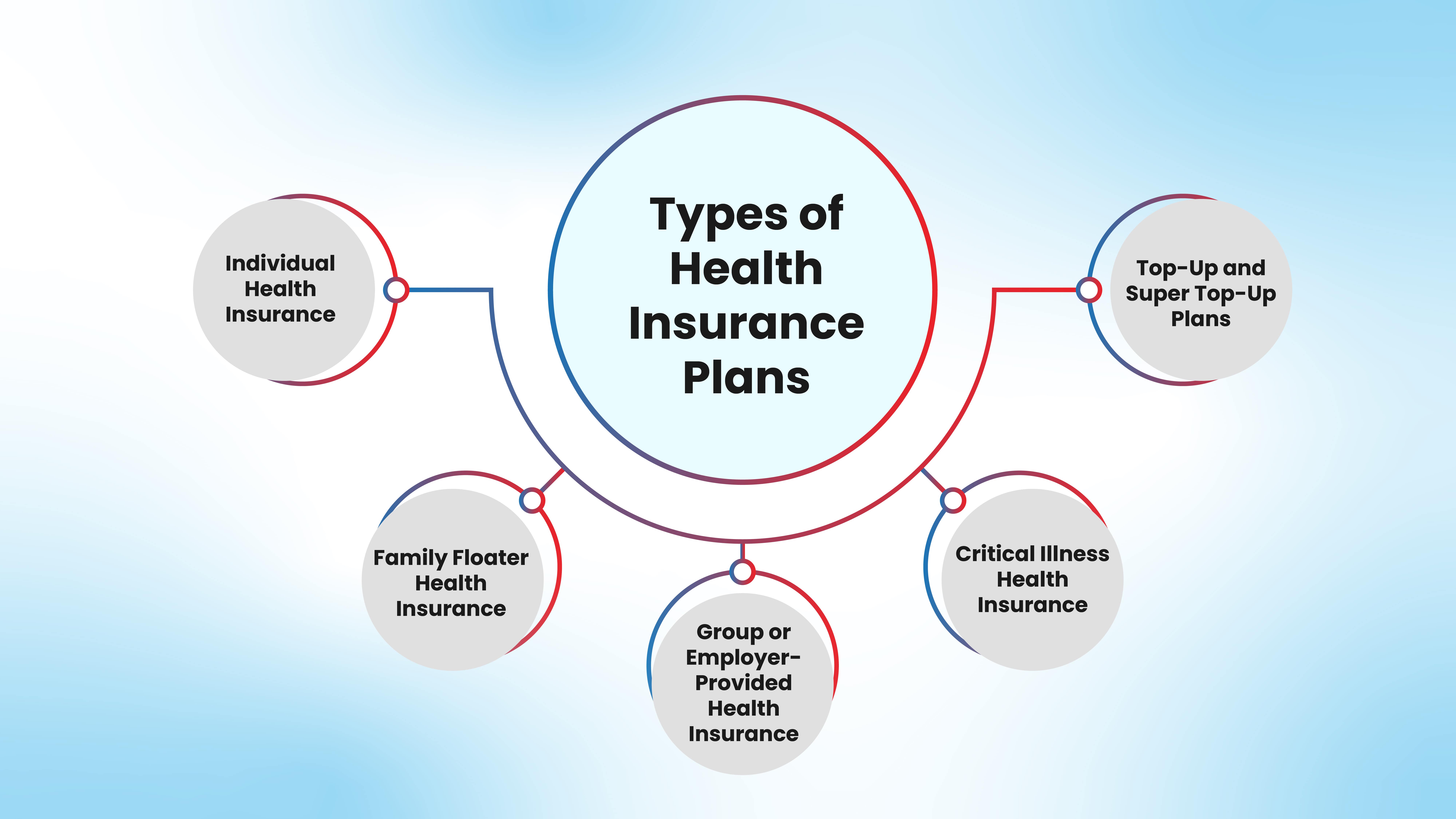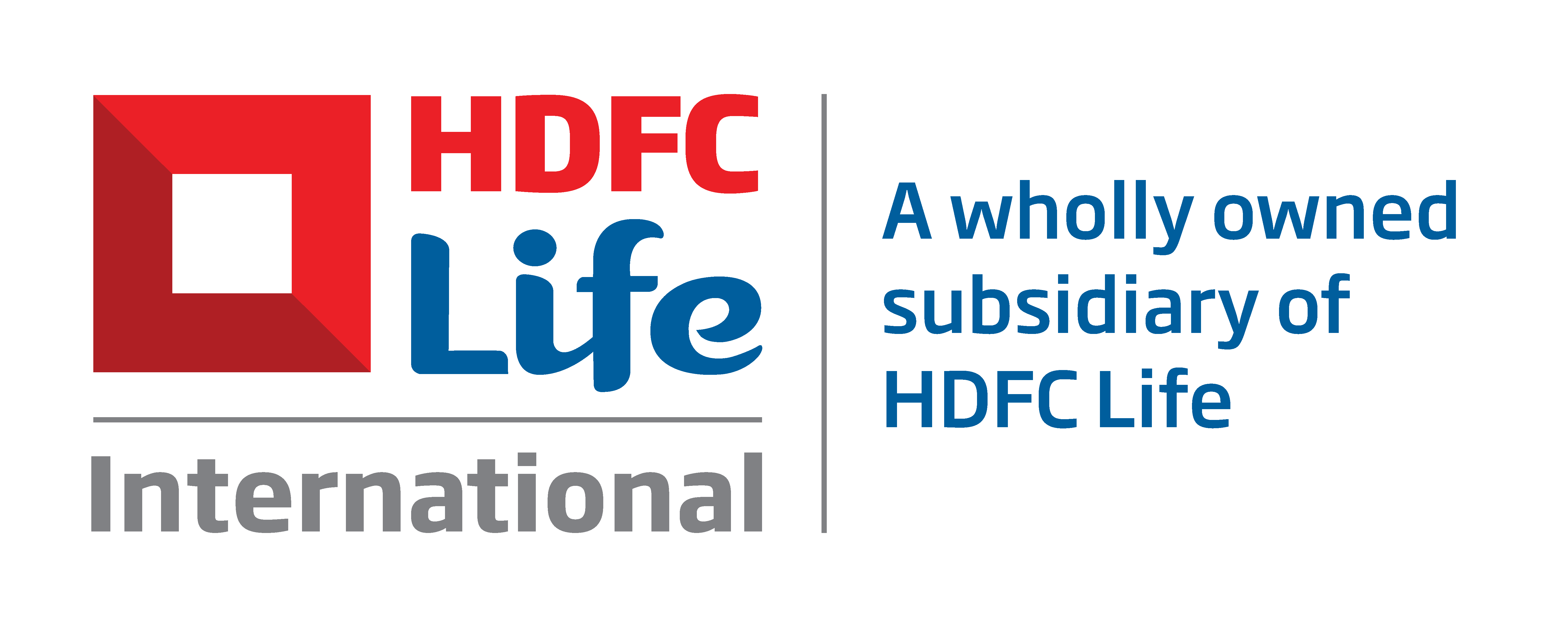Taxability of Life Insurance Policy: What You Need to Know

Taxability of Life Insurance Policy: Everything You Need to Know
Life insurance is a safety net that protects your family's future. Whether you live in India or abroad, it plays an important role in long-term planning. However, not all life insurance benefits are tax-free. The tax treatment depends on the type of policy, the premium and how the payout is structured. In this blog, you'll find out when payouts are exempt, when they're taxed and how different policies are treated under Indian tax laws.
Understanding the Tax Implications of Life Insurance Policies
The way your life insurance is taxed depends on what kind of policy you have, why the payout is happening and how it's being received. Maturity amounts, death claims and surrender values are all treated differently. While Section 10(10D) deals with tax-free payouts, Section 80C covers deductions on premiums. Knowing how your term plan, ULIP, or endowment policy fits into this can help you stay prepared during tax time.
When Are Life Insurance Payouts Taxable?
Life insurance payouts become taxable when the policy does not meet prescribed conditions. This includes cases where the premium is too high in relation to the sum assured or when the policy is linked to business use or assigned as loan collateral. Tax may also apply if the payout is received in instalments or as annuity income rather than a lump sum.
How Tax Rules Vary Based on Policy Type and Payout Structure
Tax rules differ based on whether the policy offers pure protection or includes savings and investment elements. Term plans that pay only a death benefit are usually fully exempt. Policies like endowment, ULIP or pension plans may be taxed if they exceed certain limits or fail to meet lock-in conditions. Lump sum payouts can be exempt, but regular income, such as annuity payments, is typically taxable.
Is Life Insurance Taxable in India?
When Life Insurance Payouts Are Exempt from Tax Under Section 10(10D)
Life insurance proceeds are tax-free under Section 10(10D) if the policy meets certain criteria. For policies issued after 1 April 2012, the annual premium must not exceed 10% of the sum assured. For those issued between 1 April 2003 and 31 March 2012, the limit is 20%. Policies taken under employer-sponsored schemes or as Keyman Insurance are not eligible. Regardless of these rules, all death benefits remain fully tax-exempt. These are the taxation rules for life insurance payouts.
Scenarios Where Life Insurance Proceeds Become Taxable
The tax applies when the premium exceeds the permitted percentage of the sum assured or when the policy is surrendered before the minimum holding period. In such cases, the proceeds are added to the policyholder's income and taxed as per the slab. Keyman Insurance and policies assigned to businesses or creditors are always taxable. For ULIPs, if annual premiums cross Rs. 2.5 Lakh, maturity proceeds also become taxable.
How Tax Is Applied to Maturity Benefits and Death Claims
If a policy fails to meet the conditions under Section 10(10D), maturity proceeds are taxed as income. Insurers may deduct 5% TDS on the income component under Section 194DA. In contrast, death claims are fully exempt from tax, even if the policy does not meet other exemption criteria. This ensures that death benefits remain a reliable, tax-free source of support for beneficiaries.
Tax on Life Insurance Premium Payments
Income Tax Deduction on Life Insurance Premiums Under Section 80C
You can claim a deduction of up to Rs. 1.5 Lakh per financial year under Section 80C for life insurance premiums. This applies if the policy is in your name, your spouse's or your dependent children's. Both term plans and investment-linked policies qualify. Hindu Undivided Families (HUFs) can also claim this life insurance tax benefit to reduce their taxable income.
Eligibility Criteria for Tax-Saving Life Insurance Premiums
To qualify for tax benefits, the premium must not exceed 10% of the sum assured for policies issued after 1 April 2012 and 20% for older ones. The policy must stay active for at least two years (traditional plans) or five years (ULIPs). If the policy is surrendered early or lapses, the deduction claimed earlier is withdrawn and added back to your taxable income.
Limits on Tax Deductions for Policyholders
The Rs. 1.5 Lakh limit under Section 80C covers all eligible investments combined—life insurance, PPF, ELSS and home loan principal repayment. The deduction cannot exceed the actual premium paid and can be claimed on either the payment or accrual basis. These caps ensure fair use of tax exemptions while encouraging disciplined financial planning.
Taxation on Life Insurance Policy Maturity and Surrender Value
When Maturity Proceeds Are Tax-Free Under Section 10(10D)
Maturity proceeds are tax-exempt if the policy meets key conditions under Section 10(10D). For regular policies, the premium must not exceed 10% of the sum assured. For ULIPs, the exemption applies only if annual premiums stay within Rs. 2.5 Lakh. These rules encourage long-term coverage and prevent misuse for tax-saving alone. In all cases, if the insured dies, the payout to the nominee remains fully tax-free.
How Surrendering a Life Insurance Policy Affects Taxation
Surrendering a policy before completing the minimum holding period makes the payout taxable. The surrender value is treated as income from other sources. Any earlier deduction claimed under Section 80C is reversed and added to income in the year of surrender. The insurer also deducts 5% TDS on the income portion under Section 194DA.
Impact of GST on Life Insurance Premiums
GST adds to the cost of life insurance. Term insurance premiums attract 18% GST. For traditional plans, it is 4.5% on the first-year premium and 2.25% on renewals. Single premium annuity plans with life cover attract 1.8% GST. While not income tax, these charges reduce policy returns and impact overall affordability.
Tax Implications on Life Insurance Death Benefit
Are Death Benefits Taxable for Beneficiaries?
No, death benefits paid to a nominee are fully exempt from tax under Section 10(10D). This holds true regardless of the policy type, premium amount or how long the policy was held. Even if the policy fails other tax conditions, the death payout remains tax-free.
Situations Where the Payout Can Be Subject to Taxation
Death benefits may become taxable if paid as annuity income, issued under a Keyman Insurance policy or assigned to a business or creditor. In such cases, the structure and purpose of the policy determine tax treatment.
Taxation of Life Insurance Proceeds Received by NRIs
NRIs get the same exemption under Section 10(10D) for eligible policies. However, they must also follow tax laws in their country of residence. If the country taxes global income, the death benefit may be taxed there. Reviewing DTAA rules and consulting a tax expert helps avoid double taxation.
HDFC Life International Offers Tax-Efficient Plans
HDFC Life International offers life insurance plans with tax benefits under Indian laws. For NRIs, US Dollar-based plans help reduce currency risk and simplify global estate planning. These policies support long-term goals, optimise tax savings and ensure compliance both in India and abroad. Explore the comprehensive plans today.
FAQs
Is the maturity amount of life insurance taxable in India?
It is tax-free if the conditions under Section 10(10D) are met. Otherwise, it is added to your income and taxed as per the slab.
Can NRIs claim tax benefits on life insurance in India?
Yes, NRIs can claim benefits under Sections 80C and 10(10D), subject to the same conditions as residents.
Are death benefits from life insurance policies subject to income tax?
No, death benefits are fully tax-exempt under Section 10(10D).
What are the tax benefits of paying life insurance premiums?
Premiums qualify for a deduction of up to Rs. 1.5 Lakh under Section 80C.
Does surrendering a life insurance policy attract tax liability?
Yes, if surrendered early, the surrender value becomes taxable and previous deductions may be reversed.
Author
Editorial Team of HDFC Life International
Disclaimer:
The information provided in this blog is intended for general informational purposes only. HDFC International Life and Re Company Limited, is committed to delivering accurate and up-to-date content, but we do not guarantee the completeness or accuracy of the information. The content on this blog is not meant as professional advice and should not be considered a substitute for consulting with a qualified expert in the field of insurance or financial planning and advisory matters. Decisions based on the information in this article are solely at the reader's discretion.
We may occasionally include external links to third-party websites for additional information. HDFC International Life and Re Company Limited does not endorse or have any control over the content of these external websites and is not responsible for their accuracy, reliability, or compliance with legal regulations. While we strive to offer valuable insights and guidance, the information in this blog is subject to change without notice, and we make no representations or warranties of any kind, express or implied, about the accuracy, reliability, suitability, or availability of the information provided.
By using this blog, you agree that HDFC International Life and Re Company Limited and its authors will not be held liable for any direct, indirect, or consequential damages arising from the use of the information contained here. We recommend consulting with a qualified professional for specific advice related to your unique situation.
Recommended blogs

Stay in touch
Subscribe to our newsletter and stay updated.
Related posts
02 Sep 2025|6 min read
23 Aug 2025|6 min read
14 Jul 2025|7 min read
HDFC International Life and Re Company Limited, IFSC Branch
FCRN: F06803 & IFSCA Registration No.: IFSCA/IIO/006/2022-23(Regulated by the IFSCA)
Registered Branch Office and Address for Correspondence: Office No. 213, Hiranandani Signature, Second Floor, Block 13B, Zone - 1, GIFT SEZ, Gift City, IFSC, Gandhinagar, Gujarat, India - 382050.
The registered marks including the name/letters "HDFC" in the name/logo of the Company/branch belongs to HDFC Bank Limited ("HDFC Bank") and the name/letters "HDFC Life" is used by HDFC Life Insurance Company Limited ("HDFC Life") and its subsidiary, HDFC International Life and Re Company Limited under a licence/agreement between HDFC Bank and HDFC Life.
For more details on risk factors, associated terms and conditions and exclusions please read sales brochure carefully before concluding a sale.
PLEASE EXERCISE CAUTION REGARDING DECEPTIVE PHONE CALLS AND FRAUDULENT OFFERS.


